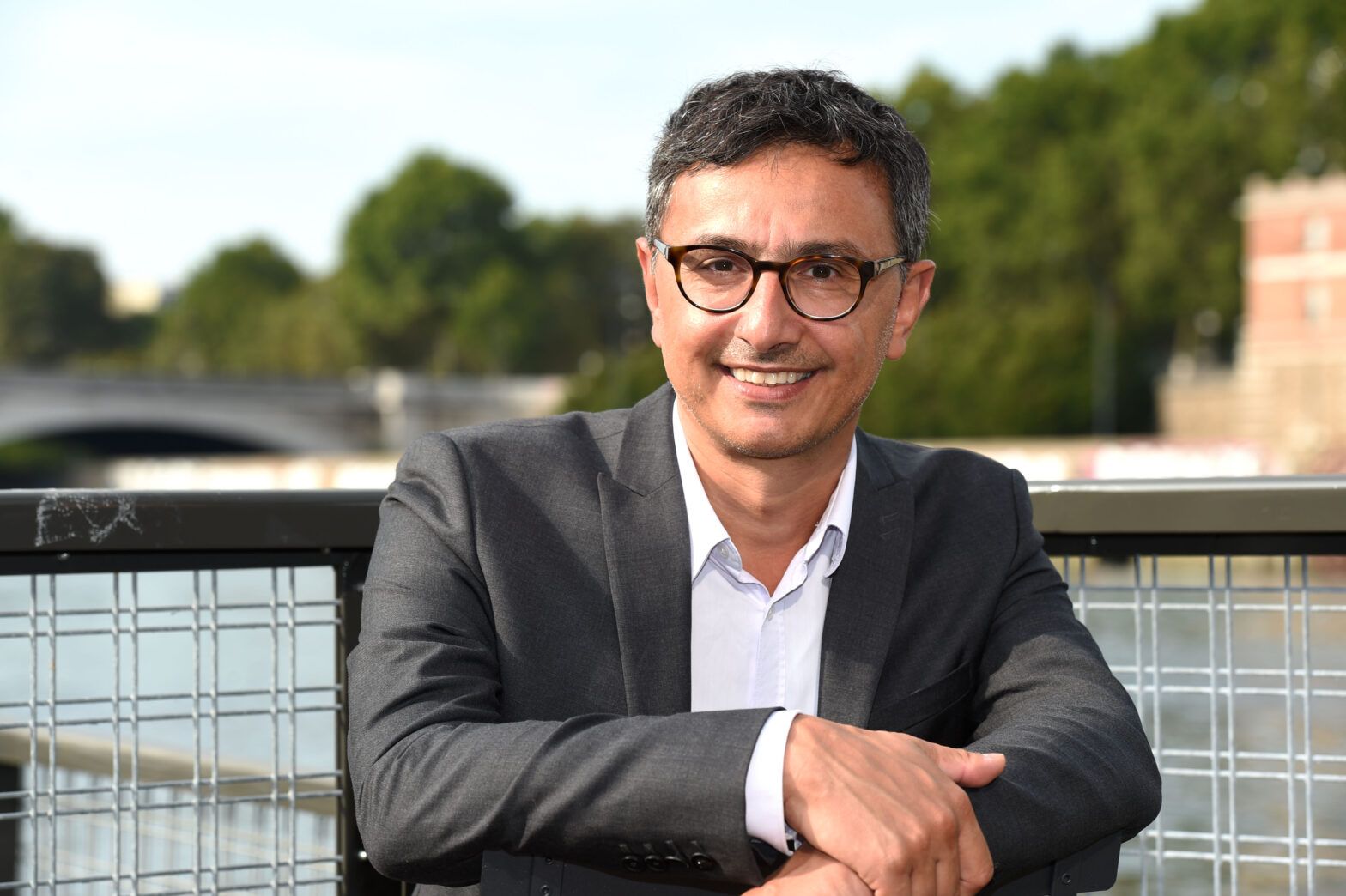There is a lack of reliable information on the investing world’s effects on biodiversity, according to Philippe Zaouati, chief executive officer of Natixis Investment Managers subsidiary Mirova.
Zaouati spoke with ESG Clarity last month, during NYC Climate Week, where he discussed the criticism ESG has been getting in the US and excluding fossil fuels. In this second excerpt of the interview, the CEO talks themes and engagement.
Can you tell us about some of the key themes in Mirova’s portfolios?
Of course, climate is a very important one. We started to develop our own methodology to measure carbon footprint in 2015 – probably one of the first to do this. We have an objective to keep some of our portfolios under 2⁰C, and most of them under 1.5⁰C. Climate has always been very important for us on the measurement side. But we invest a lot in energy efficiency, renewable energy, clean mobility.
We just announced the closing of our fifth-generation fund in renewable energy infrastructure at €1.6bn, which makes it one of the biggest if not the biggest fund in Europe, for this strategy.
Then, there is nature and biodiversity, which is very important for us as well. Again, we do it for listed equities and private assets.
We also co-developed with other asset managers’ methodology to measure the impact of companies on biodiversity. There is clearly a lack of data today around this, and we want to have the market to organize itself around this. We are part of this initiative but also part of the TNFD, Taskforce on Nature-related Financial Disclosures.
We also invest on the private side, on what we call natural capital, meaning investing in sustainable ocean businesses, agriculture reforestation, and we are also in the business of providing carbon credits to corporates.
And then there are social aspects. Social could be separated in two different topics, the first being what we call “human capital,” basically gender balance, diversity.
Then, what we call “human development,” which is around education, health, well-being. We have specific investment funds, for example one that invests only in companies where at least 30% of the top management is held by female employees.
What can you say about engagements you’ve had with companies this year?
We engage on all these topics. We push a lot companies to disclose – transparency and disclosure are something very important for us. We need data, so we have pushed a lot of companies to disclose their carbon footprint. We are part of groups on nature disclosure. We are part of 30% Club.
We do engagement collaboratively. Alongside this, we are very active shareholders – voting and engaging with the companies before and after the general assembly.
What are some takeaways you have from Climate Week NYC?
It’s a little bit funny, because there’s not a lot, being at Climate Week. There are so many events all around the city that you can have different experiences being at Climate Week. What I see as a kind of paradox is on the one hand, if you look at the program, you get different events and conferences. It’s incredibly dynamic, and there are a lot of new solutions which are showcased by a lot of people on very different things – technology, governance, government involvement, the private companies as well.
[There is a lot that] we are trying to change – transform the economy and the way it works.
But when you speak to the people, you see the mood is a little bit different. People are going from one conference to another, looking at very interesting things and then saying, “Is it enough? We are going into the world. What about the energy crisis? What about the war?”
This is the kind of paradox that we are in today.








